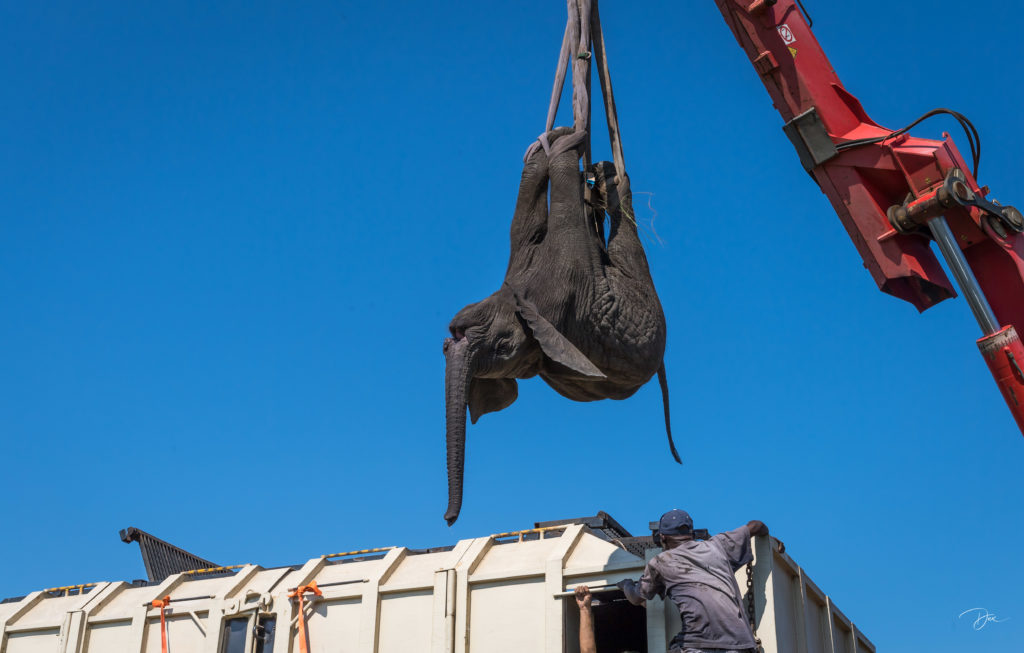

- HOME
- ABOUT US
- SAFARI DESTINATIONS
Botswana
- Chobe
- Okavango Delta
Tanzania
- Kilimanjaro National Park
- Lake Manyara National Park
- Mahale Mountains National Park
- Ngorongoro Conservation Area
- Selous Game Reserve
- Serengeti National Park & Grumeti Reserve
- Tarangire National Park
Uganda
- Bwindi Impenetrable Forest
- Jinja
- Mgahinga Gorilla National Park
- Murchison Falls National Park
- Queen Elizabeth National Park
- SIGNATURE SAFARIS
- SAFARI BLOG
- SUPPORTING CONSERVATION HEROES
- CONTACT US


 Silent, sentient and super-smart
Silent, sentient and super-smart A good time to be alive(stream)
A good time to be alive(stream)

